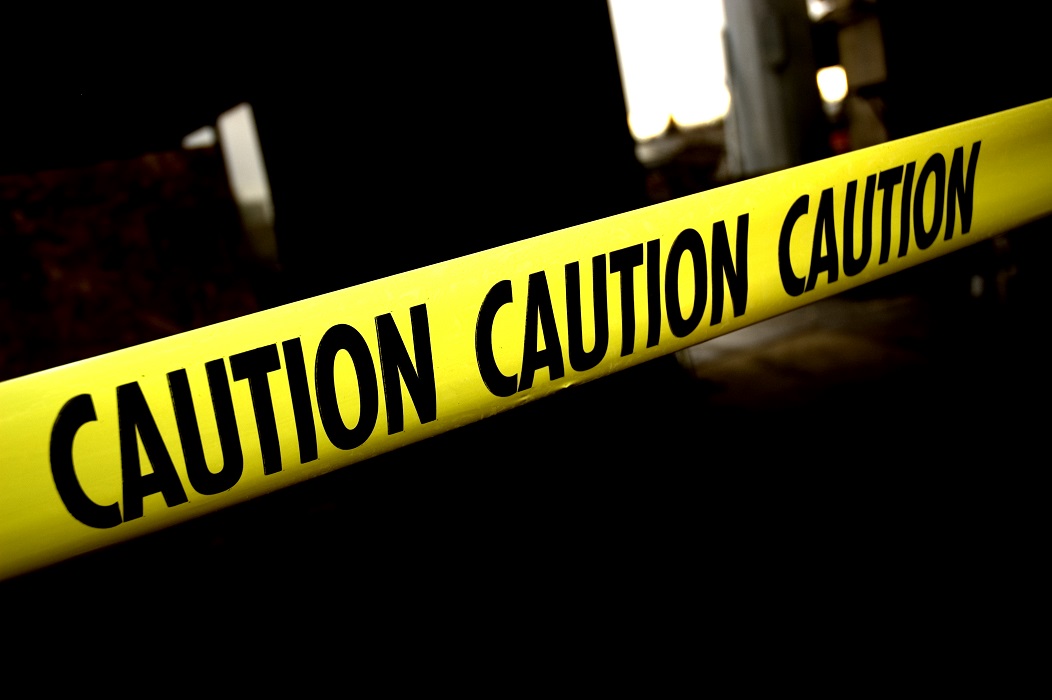Bahrain Says Militants Attacked Oil Pipeline

DUBAI, United Arab Emirates (AP) — An explosion ripped through a pipeline belonging to Bahrain’s state-run oil company and sent flames shooting up into the night sky, with government officials on Saturday blaming the blast on an attack by militants guided by Iran.
No one was injured in the explosion late Friday night near the Shiite village of Buri and no militant group immediately claimed the blast. However, it potentially opens a new front in the low-level insurgency plaguing Bahrain since its 2011 Arab Spring protests.
The explosion damaged cars and nearby buildings, forcing firefighters to evacuate those close to the flames in Buri, just outside of the capital, Manama. Authorities later extinguished the blaze on the pipeline belonging to the state-run Bahrain Petroleum Co.
Bahrain’s interior minister, Sheikh Rashid bin Abdullah Al Khalifa, said in a statement that the blast was “the latest example of a terrorist act performed by terrorists in direct contact with, and under instruction from, Iran.” He did not say what caused the explosion, nor did he name any suspects.
Bahrain’s Foreign Minister Khalid bin Ahmed Al Khalifa later tweeted that the explosion had targeted a pipeline running between the island nation and neighboring Saudi Arabia, which provides financial and security support to the kingdom.
This “is a dangerous Iranian escalation aimed at terrorizing citizens and damaging the world’s oil industry,” the minister tweeted.
Iran had no immediate comment Saturday, though it long has denied being behind Bahrain’s militant groups.
The state-run Saudi Press Agency reported late Saturday that the kingdom would halt pumping its own crude oil into Bahrain for refining over the pipeline explosion, potentially affecting the island’s gasoline market.
Bahrain, home to the U.S. Navy’s 5th Fleet, faces occasional attacks from local Shiite militant groups as the kingdom ruled by the Sunni Al Khalifa family continues a crackdown on all dissent, imprisoning or forcing politicians and activists into exile. Independent news gathering there has grown more difficult, with the government refusing to accredit two AP reporters and others .
However, that campaign of bombings and shootings had not seen the island’s oil infrastructure targeted, even immediately after Emirati and Saudi forces helped Bahrain put down its 2011 Arab Spring protests.
Bahrain produced some 64,000 barrels of crude oil a day in 2016, far lower than the other oil-producing nations of the Persian Gulf, according to the U.S. Energy Information Administration. It has faced increasing financial pressure in recent years.
Related News
Related News

- Kinder Morgan Proposes 290-Mile Gas Pipeline Expansion Spanning Three States
- Enbridge Plans 86-Mile Pipeline Expansion, Bringing 850 Workers to Northern B.C.
- Three Killed, Two Injured in Accident at LNG Construction Site in Texas
- Tallgrass to Build New Permian-to-Rockies Pipeline, Targets 2028 Startup with 2.4 Bcf Capacity
- TC Energy Approves $900 Million Northwoods Pipeline Expansion for U.S. Midwest
- U.S. Pipeline Expansion to Add 99 Bcf/d, Mostly for LNG Export, Report Finds
- Enbridge Adds Turboexpanders at Pipeline Sites to Power Data Centers in Canada, Pennsylvania
- Great Basin Gas Expansion Draws Strong Shipper Demand in Northern Nevada
- Cheniere Seeks FERC Approval to Expand Sabine Pass LNG Facility
- Heath Consultants Exits Locate Business to Expand Methane Leak Detection Portfolio




Comments